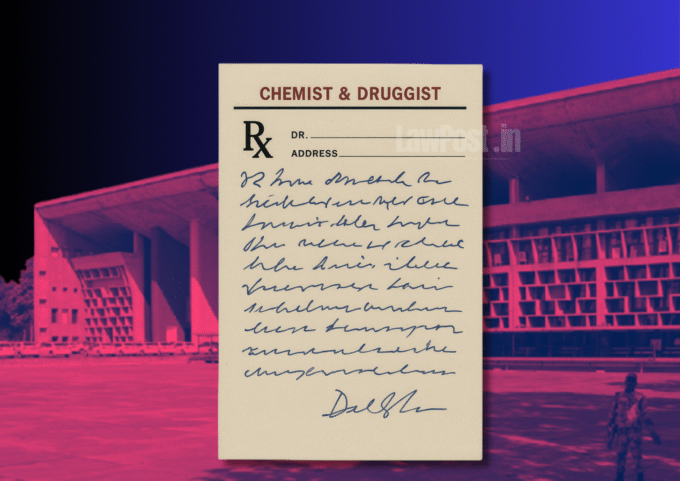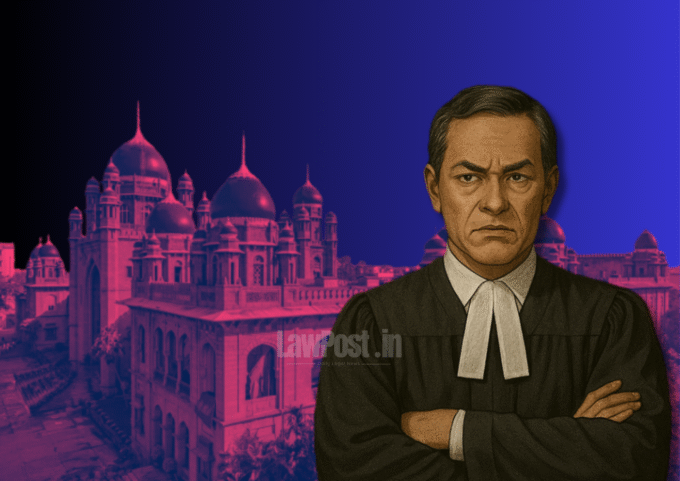An LLM student from the Jindal Global Law School (JGLS) has filed a lawsuit against OP Jindal Global University, alleging he was unfairly failed in an exam due to a high percentage of AI-generated content in his answers. The student, Kausttubh Shakkarwar, claims the university’s guidelines do not explicitly prohibit the use of AI in academic work, and that his exam answers were original.
The Punjab and Haryana High Court has directed the university to respond to Shakkarwar’s petition. According to court records, Shakkarwar, who specializes in Intellectual Property and Technology Laws, contends that the university’s decision to fail him lacks legal grounding, given the absence of a specific policy banning AI-generated content.
Shakkarwar, a former law researcher for the Chief Justice of India, also has experience in AI-driven legal platforms and intellectual property law. He reportedly submitted answers for his first-term examination on “Law and Justice in the Globalizing World” on May 18. In June, the university’s Unfair Means Committee deemed 88% of his answers to be AI-generated, leading to his exam failure. The Controller of Examinations upheld the committee’s findings, which Shakkarwar subsequently challenged in court.
Through his attorney, Prabhneer Swani, Shakkarwar has argued that the university has not provided adequate evidence to substantiate its AI-generation claim. He further contends that AI use should not equate to plagiarism if there are no explicit prohibitions against it. “The university has remained silent on whether AI-generated content constitutes plagiarism, and the petitioner cannot be penalized for something that has not been explicitly restricted,” Swani stated in court.
Shakkarwar’s plea also references Section 2(d)(vi) of the Indian Copyright Act, 1957, which, he argues, supports his ownership over the exam content—even if AI tools were used. He insists that his answers do not infringe on copyright law and asserts that copyright violation allegations are unsubstantiated without proof of ownership by another party.
As AI technology grows in academia, the case raises significant questions about the boundaries of AI use in educational institutions and its implications for intellectual property and originality in academic work.








